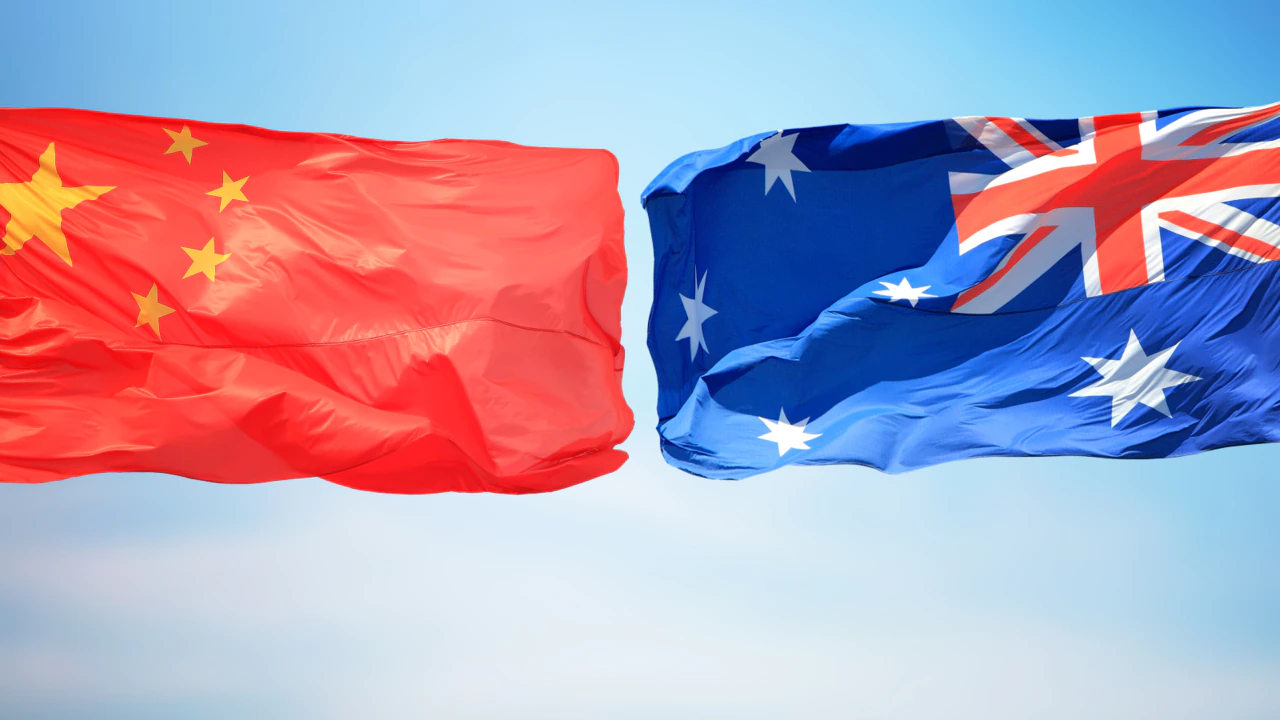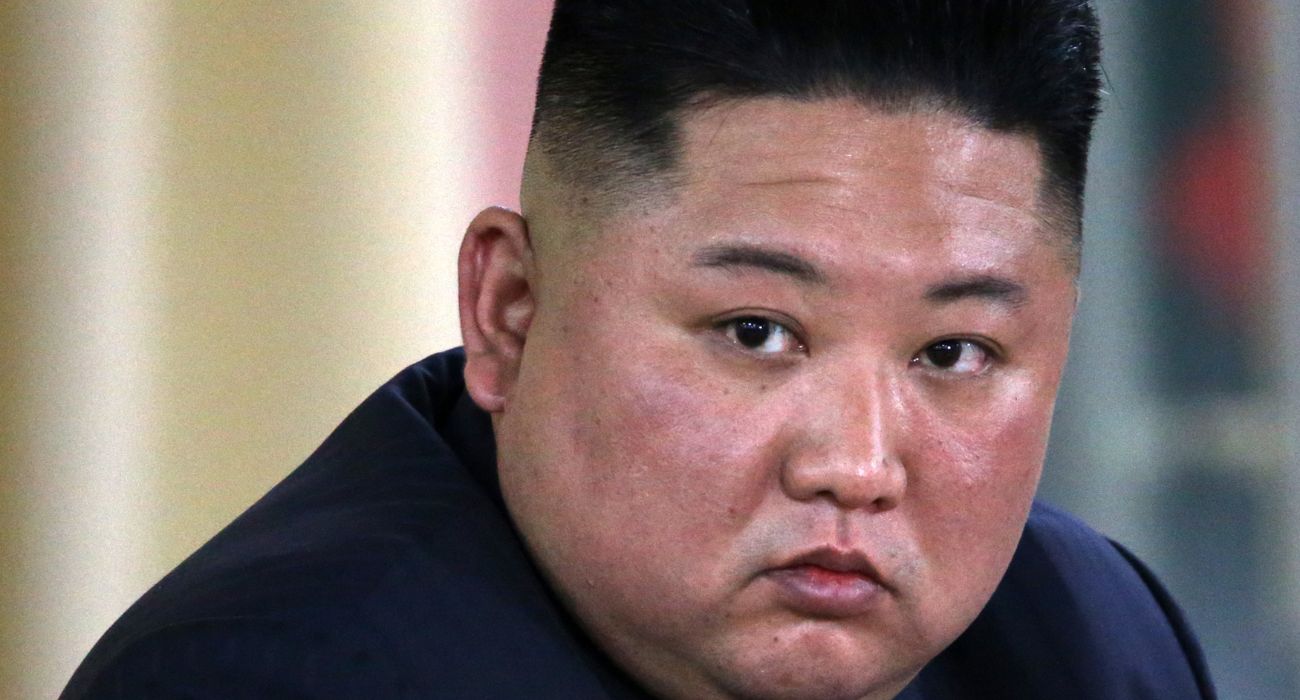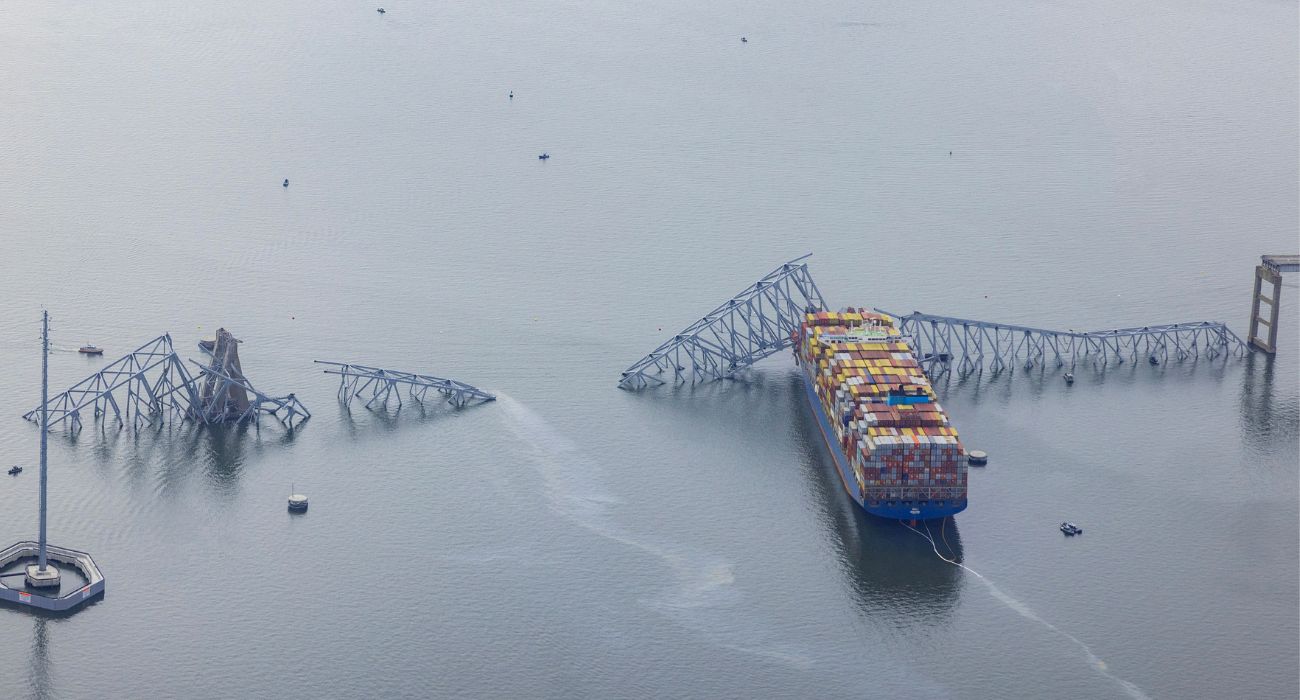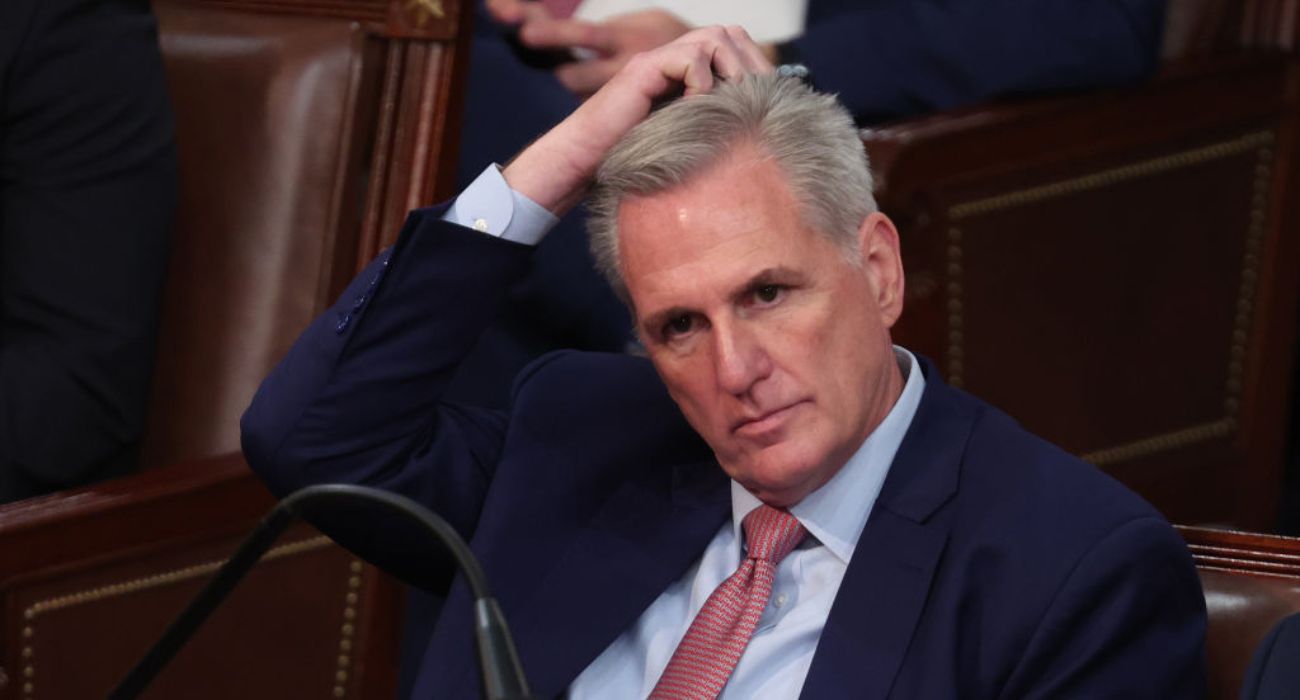China has broken its freeze on diplomatic relations with Australia. Richard Marles, Australia’s deputy prime minister and minister of defense, announced on Sunday he had met with China’s defense minister, Wei Fenghe, in Singapore the day before.
It was the highest level of in-person contact between the countries in nearly three years. Chinese ministers have not held phone calls or meetings with their Australian counterparts since early 2020.
Marles said the meeting, which lasted over an hour, was welcomed and provided Australia’s new government, under Prime Minister Anthony Albanese, and China the opportunity to speak as “two countries of consequence in the Indo-Pacific region.”
“It’s three years since defense ministers of our two countries have met. This was an important meeting, one which the Australian government welcomes,” Marles told reporters at a press conference.
Marles said he raised the topic of a Chinese jet’s controversial interception of an Australian aircraft last month and broader issues in the Pacific.
“It was an opportunity to have a very frank and full exchange in which I raised a number of issues of concern to Australia, including the incident involving Australia’s P-8 aircraft on the 26th of May and Australia’s abiding interest in the Pacific and our concern to ensure that the countries of the Pacific are not put in a position of increased militarization,” Marles added.
Marles also noted on Sunday that the left-leaning government under the new prime minister, a member of the Australian Labor Party, would defend Australia’s national interest and not “waver from asserting those in the strongest possible terms.” However, it “will be respectful, including with countries where we have complex relationships.”
“This includes China,” he said, while noting there would be “a change in Australia’s tone.”
“Australia’s approach will be anchored in a resolve to safeguard our national interests and our support for regional security and stability based on rules. We will be steady and consistent, looking for avenues of cooperation where they exist while recognizing China’s growing power and the manner in which that is reshaping our region.”
Marles was also one of 27 visiting ministers to attend a roundtable discussion hosted by Wei around lunchtime on Saturday. Also in attendance were U.S. Secretary of Defense Lloyd Austin, Japan’s prime minister, Fumio Kishida, and Singapore’s prime minister, Lee Hsien Loong.
A statement issued by Singapore’s defense ministry said the roundtable meeting discussed the implications of Russia’s invasion of Ukraine, and “several ministers exchanged their views on how the situation would affect the Asia-Pacific region, Europe, and the world.”
Marles added that his meeting with Wei was “a critical first step” while echoing a statement from U.S. Secretary Austin, saying that it was vital “in these times to have open lines of dialogue.”
“Australia and China’s relationship is complex, and it’s precisely because of this complexity that it is really important that we are engaging in dialogue right now,” Marles said.
Marles declined to expand on what else was discussed during his private meeting. He did note the importance of international rules-based order while criticizing navigation exercises in the South China Sea and militarization of the Pacific.
“We want to take this in a very sober and deliberate manner. We don’t underestimate the difficulties we’ve had in our bilateral relationship,” Marles said. “The fact [that] this is the first meeting at a ministerial level in almost three years is very significant. We will take this in a step-by-step process.”
Marles also emphasized in an interview with Bloomberg that Australia supports the One China policy and does not back Taiwanese independence.
“We do not support Taiwanese independence. We don’t support any unilateral action on either side of the Taiwan Strait, which would change the status quo. The resolution of the people of Taiwan is a matter which should happen by consensus, by agreement, and that’s the way in which we see it. We firmly have a One China policy, and we don’t support Taiwanese independence,” he said.
Marles has previously faced criticism for failing to disclose a “pro-China” speech he delivered at the Chinese embassy in Canberra and a parliamentary trip to Beijing in 2019. He has also reportedly engaged with Chinese diplomats at least 10 times since 2017, despite deteriorating relations between Australia and China. Marles has steadfastly defended his actions, stating he was completely transparent with the then-Coalition government about those meetings.
Australia’s shadow Defense Minister Andrew Hastie welcomed the meeting between Marles and China’s defense minister, noting that he would have appreciated a discussion with Beijing sooner. Hastie added that he was not surprised that it was Marles that Beijing felt comfortable meeting with to break the diplomatic freeze.
“We were always willing to talk, we wanted dialogue, but we were frozen out for some reason. So this is good to see,” Hastie said in an interview on Sky News on Sunday. “But I’m not surprised they chose Richard Marles, given his previous comments on defense cooperation with China, which he gave in Beijing, and, of course, his relationship with the former ambassador in Canberra.”
Australia’s defense secretary from 2012 to 2017, Dennis Richardson, said that China would continue to press and challenge countries in the region to establish its military presence in the Pacific.
“This is not just a challenge for today or tomorrow; it’s the challenge for the next 10 years,” Richardson told ABC Radio. “Every time the Chinese step up in this space to advance their security interest in the south pacific, we have to press back, and we’ll need to win that contest all the time. We have to win everything; they only have to win once.”






